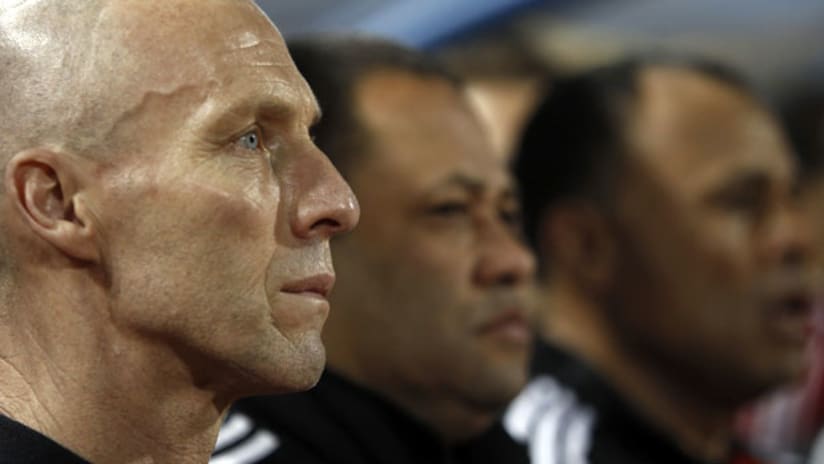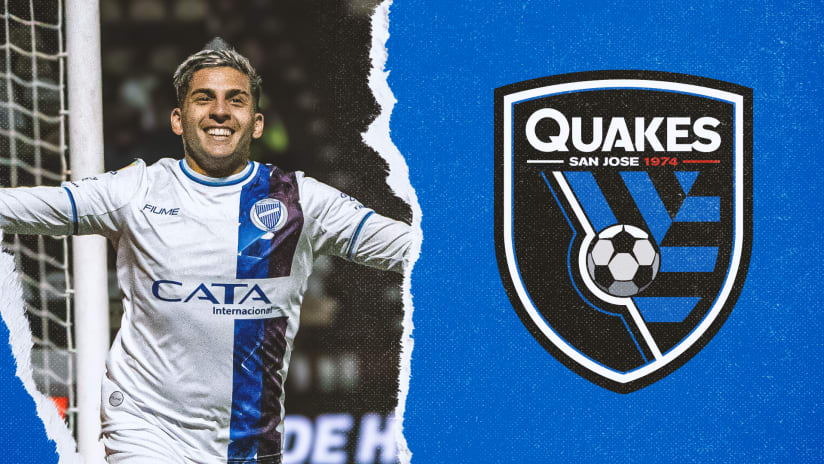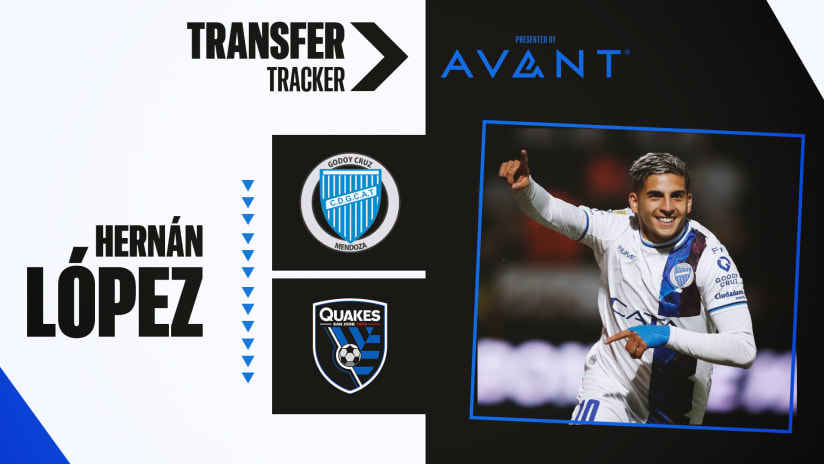After watching Bob Bradley's steely, narrow blue-eyed gaze peer across soccer fields during the 15 years he spent in MLS and with the US national team, any stateside soccer fan could tell you that the Egypt boss exudes an intense focus on the task at hand.
As such, when Bradley agreed to speak by phone with MLSsoccer.com from Cairo last weekend, topics such as the USMNT's current World Cup qualifying drive or the progress made by son Michael at AS Roma were off limits. Bradley has deservedly gained great respect for the manner in which he's represented both the Pharaohs and American soccer, in part because of that laser attention to his own work.
In the wake of the deadly Port Said stadium riot in February of last year, Bradley took on a leadership role beyond what is expected of a typical national team manager. Though Egypt missed out on a chance to defend their crown at this past January's African Cup of Nations, the former USMNT coach remained a public voice of hope and a trusted figure in a country far from home.
Now, with the team holding perfect 3-0-0 record midway through the African World Cup qualifying group stage, there are dreams of something even bigger. Here are some excerpts from our conversation.
MLSsoccer.com: World Cup qualifying has gone very well so far after the Cup of Nations failure. What's the change or improvement since then that has the team running smoother?
Bradley: You have to understand the way the schedule fell into place. February 1, 2012, was the Port Said tragedy, so they stopped league play. [For the next several months], we had to adjust. We had camps, we played as many friendlies as we could, knowing in June we had four games. ... We were like the Globetrotters, ready to play anyone anywhere.
We had the first two World Cup qualifiers and then we had to switch gear for two African Nations qualifiers. We worked well in that period. In some ways, [missing out on the Cup of Nations] made it so clear. Since I got here, the goal for everyone has been the World Cup. At that point, we had no choice and got to work on that. ... In these last few games, we'll see if we can win the group and give ourselves a chance to play a home-and-home for a place in the World Cup.
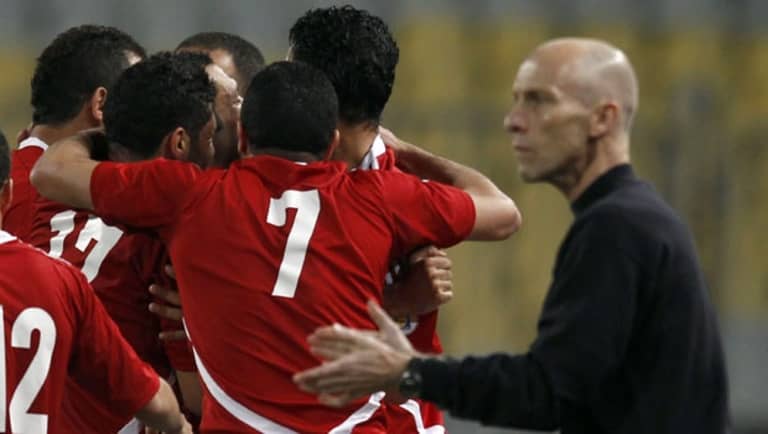
MLSsoccer.com: Do you and the team draw motivation from the tumultuous events like the Port Said tragedy in order to bring some relief or happiness to the country?
Bradley: Yes. What we've done throughout is talked about the fact that the situation in the country is difficult, but we have an incredible opportunity. The dream of everyone is to make the World Cup, and Egypt hasn't been since 1990. There's incredible passion for football, especially the national team. We recognize the opportunity to do something that means a lot to all the people, something positive at a time when life for so many people is hard.
There's issues in terms of unemployment, illiteracy, food shortages. There are some very, very tough things going on and everyday people say to me, "There's so many challenges, how do you guys do it?" I think, it's always the same, that we understand how important it is to the people. The players have responded really well to that.
WATCH: Bob Bradley on Port Said trials and Egypt's quest to qualify for Brazil 2014
When the league shut down, for the most part, players weren't being paid and didn't know what was going on with their careers. So every time we came into a camp, we tried to create an environment where we said this is out chance to breathe. When we're here, we can focus on something and not let these other things take away from what we're trying to do. The players have responded to these circumstances very well.
MLSsoccer.com: It's as if the team said, "Yes, we want that responsibility."
Bradley: It's a very good group with some important leaders. The main leader is Mohamed Aboutrika, he is held in such high regard in Egypt – actually, in Africa. As a player and as a man, he has tremendous character. The first time I sat down and talked with him was immediately after Port Said. There was talk that he was going to retire after everything that happened.
But it was still clear that the dream of going to a World Cup was still burning inside of him. He showed he was ready to do whatever, take whatever role, any responsibility. He's been very important, and with his experience, he's been able to help the talented younger players learn how to go about things.
MLSsoccer.com: Is the day-to-day running of the team any different to what you're used to?
Bradley:
The part of being a national team coach when you don't have the players together is always the same. There's things that you do to stay sharp, constantly watching games in the league, checking on players playing outside the country. I'm always watching games from around the world, checking on how the best things are being done.
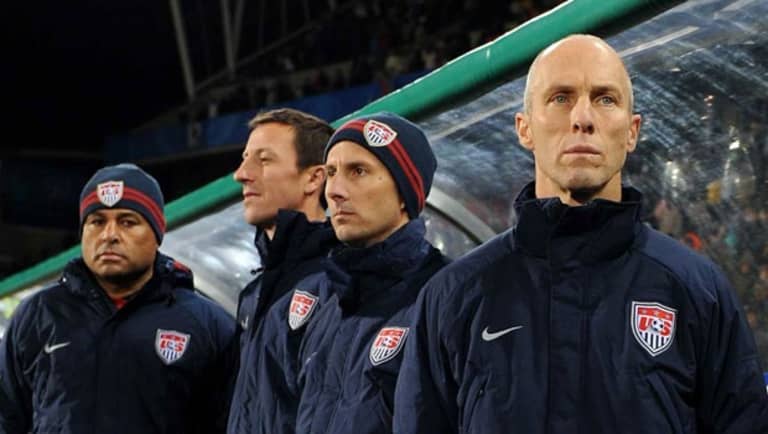
Sometimes it's important to get outside the country and see the teams [with Egypt internationals] train, get a feel for their clubs. You back through with the staff and see how you did things in the last camp and make your preparations for the next camps and games.
MLSsoccer.com: From afar, it seems as though you've enjoyed tremendous support in Egypt. But how quickly would you say doing the job became business as usual?
Bradley: From the first opportunity that you have to get together with them and establish how we're going to work, how we're going to talk, eventually how we're going to play, getting to know them, getting them to understand what I think is important – that part kicked in immediately. From the very first camp, the response of the players was excellent.
READ: Upcoming documentary to chronicle Bob Bradley's time as Egypt manager
The bigger picture of how you're received around the country, first and foremost, we all know that results are what matters. It's like that anywhere in the world, that's always going to be the case. But there's also been an appreciation here for the handling of difficult situations.
When you come here – my wife and I are here together living in Cairo – and you're part of Egypt and you're involved in anything seen as being good for the country, they appreciate that a great deal. They're proud people, they're proud of their country. And when they see others involved in a way they think is good, they really appreciate that. They've welcomed us in a great way.

